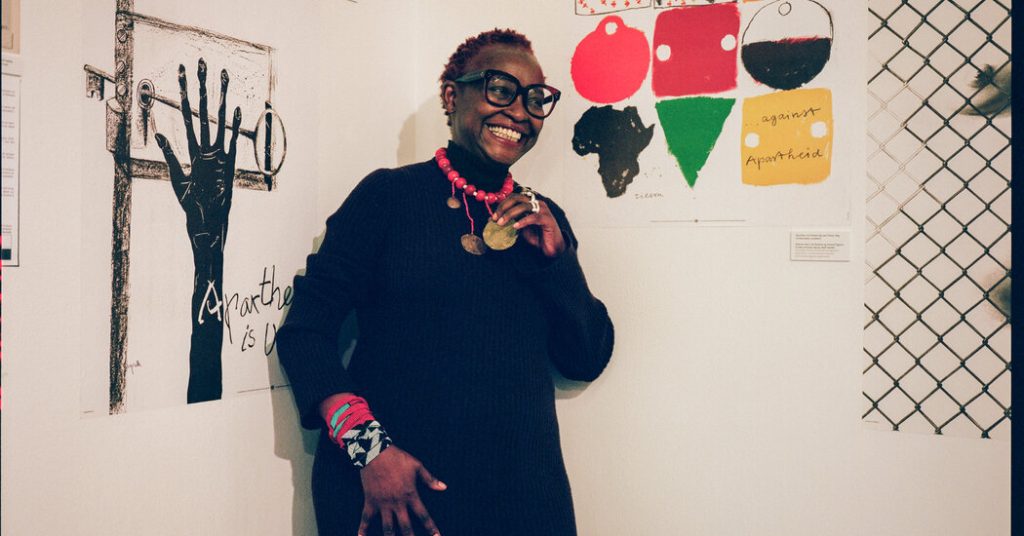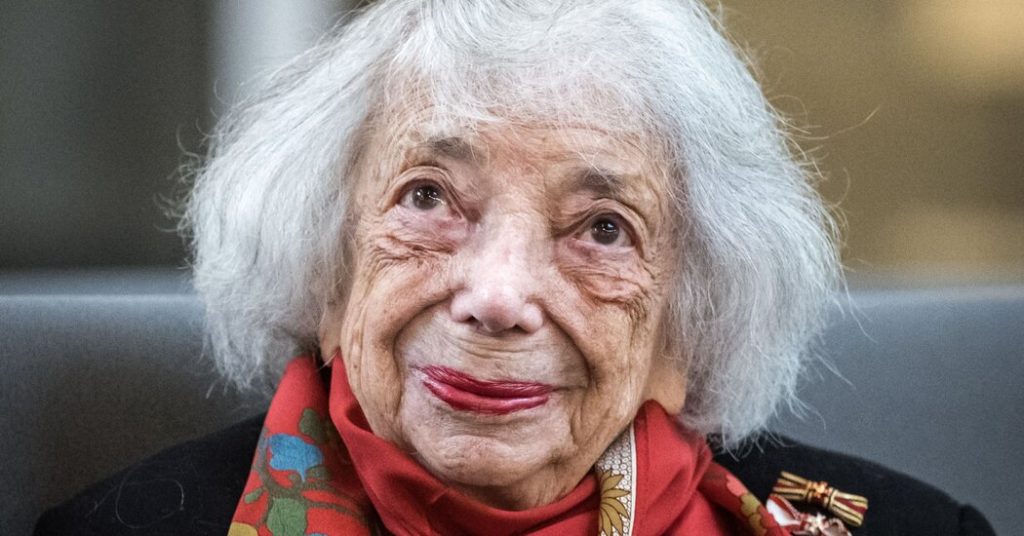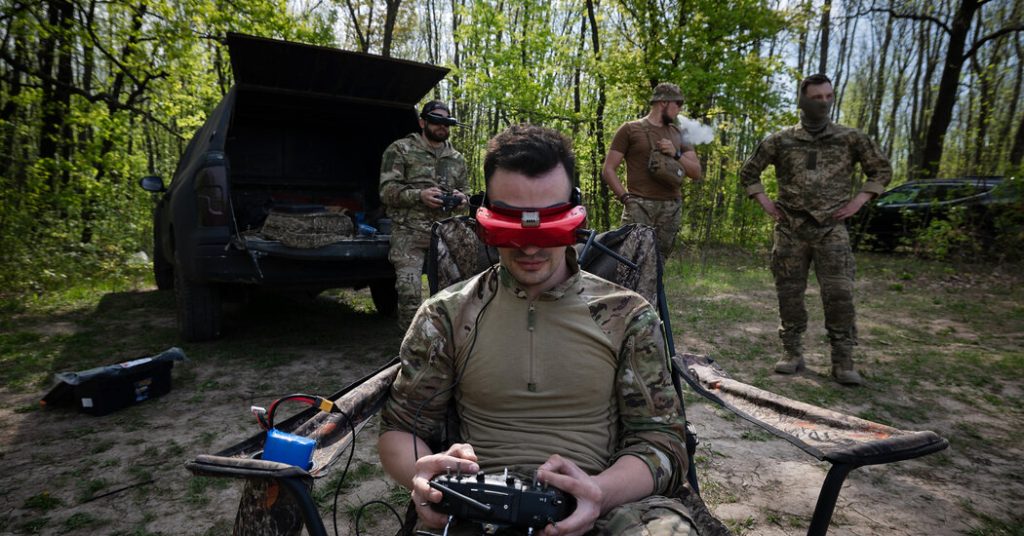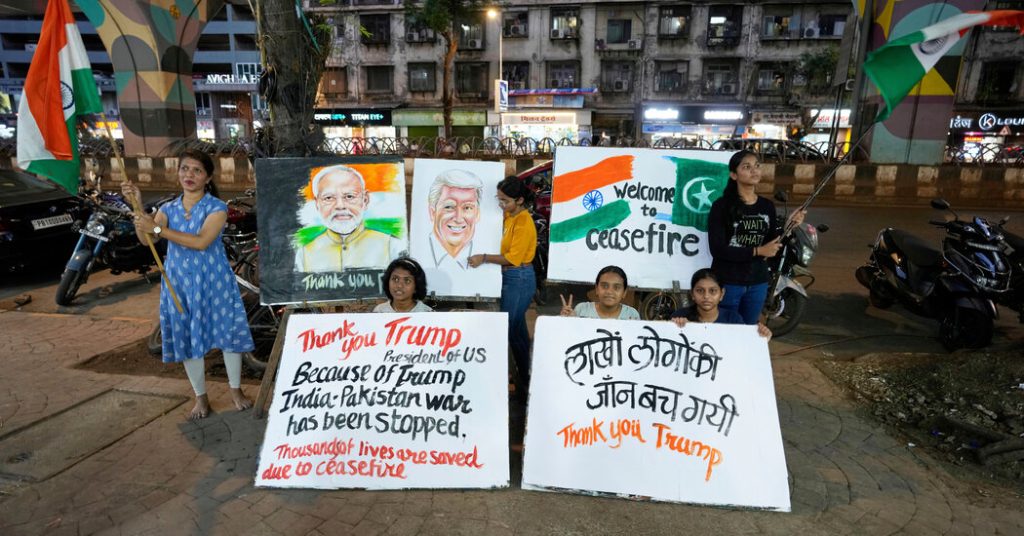ADIYAMAN, Turkey — The main thoroughfare feels like a construction site that sprawls out, block after block after block. But instead of putting up buildings, crews of workers, cranes, bulldozers and excavators are digging through the rubble of those that have collapsed in the hard-hit Turkish city of Adiyaman.
Residents said rescue crews and aid were initially slow to arrive after Monday’s powerful earthquake, which killed more than 21,000 people in Turkey and nearly 4,000 in neighboring Syria. The crews now pack the main roadway.
Rescue workers from other cities, groups of miners who have come from other parts of the country to help and uniformed soldiers stand atop piles of rubble and rest on the grassy median, warming themselves with wood fires that choke the air with smoke and sipping lentil soup made by volunteer kitchens.
Adiyaman was badly damaged, with a number of buildings on each block along the main street now on the ground, far too many to count. Many others have cracked windows and walls, and none of them appear to have any inhabitants.
Various distribution points are now giving out prepared food, diapers and baby formula. In an empty dirt lot, volunteer pharmacists set up an open-air pharmacy to hear residents’ complaints and look at their medical records before fetching the proper pills or syrups from the stacks on folding tables behind them.
At a medical tent next door, doctors offer free consultations to anyone who walks in. The most common complaints are wounds from shattered glass or falling bricks, respiratory illnesses exacerbated by the cold weather and diarrhea from the lack of potable running water for the droves of homeless people, said Dr. Firat Erkmen, the head of the Sanliurfa medical association, which sent a delegation of volunteers.
Despite the influx of work crews and aid, life is still an enormous struggle for the many newly homeless residents.
“We are basically in the street,” said Melek Goclu, 25, a mother of three who had come with her family to pick up some food and clothes. “We move according to the sun.”
With her were her husband, Ali, a construction worker, and her three young sons, ages 8, 6 and 1, the last one crying in his stroller.
Deadly Quake in Turkey and Syria
A 7.8-magnitude earthquake on Feb. 6, with its epicenter in Gaziantep, Turkey, has become one of the deadliest natural disasters of the century.
- A Devastating Event: The quake, one of the deadliest since 2000, rippled through neighboring countries; an area along the Syrian-Turkish border was hit particularly hard.
- From the Scene: Thousands of people have been killed, and dozens of cities have been gutted. Here is how witnesses described the disaster.
- A Desperate Search: When buildings fell in Antakya, Turkey, families poured in from all over to help. Videos capture the dig for survivors.
- Syrian Refugees: Millions of people fled the war in Syria for the safety of neighboring Turkey. Now, those killed in the quake are being returned home.
Estimates of the dead from Monday’s earthquake were nearing 25,000 in Turkey and Syria, officials said on Saturday. But as hopes fade for finding more people alive in the devastated region, that figure is expected to rise considerably with rescue workers turning to recovery and excavation.
Some 900,000 people in the region are thought to be without shelter in a cold winter, U.N. officials said, as local and foreign aid workers pushed to bring food, clean water and temporary housing to the affected areas, especially in northwest Syria, which has been largely cut off from outside aid because of political obstacles stemming from a 12-year civil war there.
The affected areas in Syria span both territory controlled by the government and by the opposition. The earthquake left widespread destruction across southeastern Turkey and northern Syria, both in the last opposition-held territory in the northwest and in swaths of government-held territory, particularly Aleppo.
Humanitarian aid has been politicized for a long time in a divided Syria, with President Bashar al-Assad insisting that all aid go through the central government, while most Western aid agencies want to deliver aid directly to the country’s northwest, which is held by Turkish-backed opposition forces.
Only one border crossing from Turkey into northwest Syria, Bab al-Hawa, has been authorized for aid deliveries by the United Nations Security Council, where Russia, which supports Mr. Assad, has refused to allow other crossing points to function.
The Syrian death toll is expected to grow considerably in the next few days, as a much more disorganized rescue effort gets into higher gear.
“Emergency response must not be politicized,” said Geir O. Pedersen, the U.N. special envoy for Syria, speaking after a meeting of a humanitarian task force in Geneva. “Our immediate asks are two: access and resources,” he added.
“We must instead focus on what is needed urgently to help men, women and children, those who we can still save, those whose lives are devastated by one of the most catastrophic earthquakes the region has seen in about a century,” Mr. Pedersen said.
While aid has been pouring into Turkey, the situation in Syria is more chaotic and dire. Mr. Pedersen is now in Beirut, Lebanon, before an expected visit to Syria, where Mr. Assad has been touring areas of devastation and blaming the West for shunning his regime.
“The West prioritized politics over the humanitarian situation,” Mr. Assad said on Friday while visiting the devastated Aleppo neighborhood of Masharqa. “It’s natural that they politicize the situation, but there is no humanitarianism, neither now nor in the past.”
Mr. Assad’s opponents say he is using the crisis to try to get sanctions lifted, and to argue that most Syrian aid funded by Europe and the United States goes through U.N. agencies and their local partners based in the capital. They say that Syria routinely blocks international aid to opposition-held areas in the north and siphons supplies for the rest of the country.
On Thursday, the U.S. State Department refused to lift sanctions on Syria, saying that humanitarian aid efforts were not impeded by the policy. But the Treasury Department issued a six-month exemption from sanctions for all transactions related to providing disaster relief to Syria.
Politics are an issue in Turkey, as well, with President Recep Tayyip Erdogan and his government being criticized by the opposition for a slow response to the disaster and for lax enforcement of building regulations. Mr. Erdogan, who as prime minister and then president has effectively ruled Turkey since 2003, faces elections in May.
He acknowledged on Friday on his own tour of the affected region that the authorities should have responded faster.
There were also more rescues, even so long after the quake, bringing hope to many others. In Turkey, officials said on Saturday, rescuers pulled two women alive from collapsed buildings after they had been trapped for 122 hours.
One of the women, Menekse Tabak, 70, was swaddled in a blanket while rescuers carried her to a waiting ambulance in Kahramanmaras Province, near the epicenter, images from the state news agency Anadolu showed. The other was Masallah Cicek, 55, who was extricated from the debris of a collapsed building in Diyarbakir, the largest city in southeastern Turkey, the agency said.
In the past 24 hours, 67 people had been rescued, Vice President Fuat Oktay of Turkey told reporters overnight. He said that about 80,000 people were being treated in a hospital, while 1.05 million left homeless by the quakes huddled in temporary shelters.
Turkey’s Disaster and Emergency Management Authority said on Saturday that nearly 93,000 survivors had been evacuated from the quake zone.
The Turkish government has encouraged families to evacuate the zone, but many have not been able to leave. The Goclu family had heard about a bus to take people out, but when they arrived to take it, it had been canceled, Ms. Goclu said. Her husband had booked plane tickets, but they had been canceled, too.
“We just want to leave,” she said, “but we can’t find a way.”
The family took their aid — an electric heater still in the box, some packs of cookies, packaged muffins, juice boxes, a container of baby formula and one red balloon for the children — and walked back to where they had been sleeping.
On the way, a passing car stopped and handed them packages of white T-shirts. “I want tents. I want blankets,” Ms. Goclu said to herself. “I don’t want clothes.”
Later, she showed a reporter her current dwelling. It was a slab of concrete with a tin roof and a damaged sign that said, “Auto Wash.” Last night’s wood fire was dead; there was a cooking pot, a teapot and three tea glasses, one broken plastic chair and a trash bag full of clothes.
The carwash had a small, one-room office they could use, but Ms. Goclu said they did not go in much. The reason was the nine-story building nearby with large cracks visible in the walls of its first two floors.
“They told us that this building could come down, so we stay outside so we can run away,” she said. At night, they light a fire and sleep on the ground against the wall to block the wind.
“I can’t be unfair to them,” she said of the government and other organizations providing aid. “We have food, but I really want somewhere for my three innocent children.”
Ben Hubbard reported from Adiyaman, Hwaida Saad from Beirut, Lebanon, and Steven Erlanger from Brussels.




